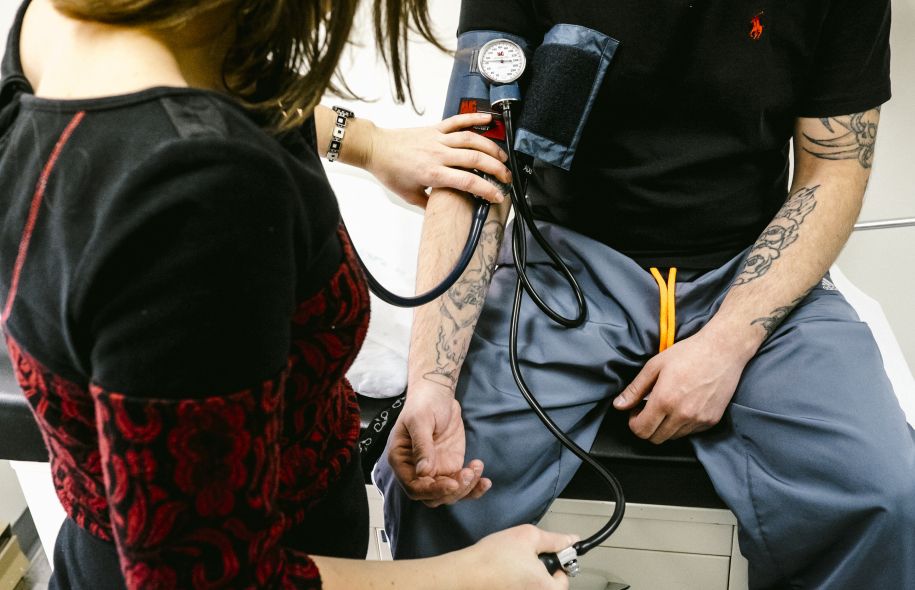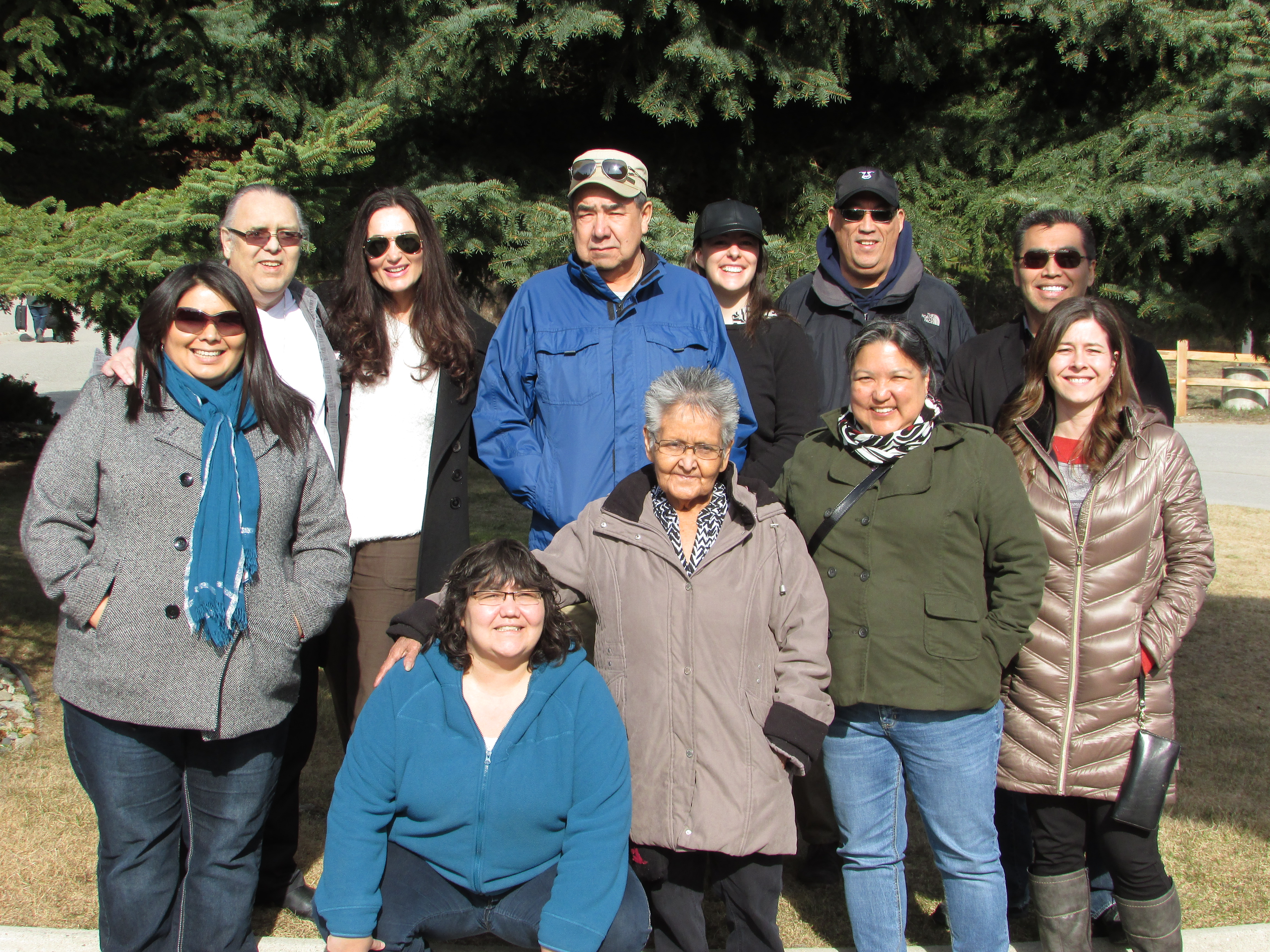The SABSA clinic shows its resilience and wins its fight to stay open!
July 26, 2016 • By Liam MichaudAprès une bataille de longue haleine, la coopérative de solidarité SABSA – service à bas seuil d’accessibilité – a réussi à négocier une entente de service avec le ministère de la Santé le 20 juillet dernier pour continuer de servir les membres de la communauté de Saint-Roch et St-Sauveur à Québec.





